From opulent palaces adorned with pure gold to citizens enjoying a tax-free lifestyle with universal healthcare, the tiny Southeast Asian nation of Brunei stands as a testament to how vast oil reserves can transform a former fishing village into one of the world’s wealthiest states. Nestled on the north coast of Borneo, this small sultanate has become a beacon of prosperity in the region, captivating the world with its unique blend of traditional Islamic values and modern opulence.
Brunei’s journey from a humble fishing village to a global economic powerhouse is nothing short of remarkable. The discovery of oil in 1929 set the stage for an unprecedented transformation that would reshape the nation’s destiny. As the black gold began to flow, so did the wealth, propelling Brunei into the upper echelons of the world’s richest countries.
Today, Brunei boasts a GDP per capita that rivals some of the most developed nations on Earth. Its citizens enjoy a standard of living that many can only dream of, with free education, healthcare, and housing subsidies forming the cornerstone of the government’s welfare programs. But what lies beneath this glittering facade of wealth and prosperity? Let’s delve deeper into the intricacies of Brunei’s economic landscape and explore the sources, distribution, and impact of its immense wealth.
The Golden Geese: Oil and Gas Reserves
At the heart of Brunei’s economic success story lies its vast reserves of oil and natural gas. These natural resources have been the primary drivers of the nation’s wealth for nearly a century. Brunei’s offshore oil fields, discovered in the 1960s, catapulted the country into the ranks of the world’s top oil producers.
The nation’s oil production, while modest compared to giants like Saudi Arabia or Kuwait, is substantial considering its small size and population. Brunei produces approximately 100,000 barrels of crude oil per day, a figure that has remained relatively stable over the years. This steady output has allowed the country to maintain its economic stability and fund its generous social programs.
But it’s not just crude oil that fills Brunei’s coffers. Natural gas has emerged as an equally important resource, with the country ranking as one of the world’s largest exporters of liquefied natural gas (LNG). The petrochemical industry, built around these resources, has become a cornerstone of the economy, providing jobs and generating substantial revenue.
Beyond Black Gold: Diversifying the Economic Portfolio
While oil and gas remain the backbone of Brunei’s economy, the government has recognized the need for diversification. In recent years, efforts have been made to reduce the country’s dependence on hydrocarbon exports and develop other sectors of the economy.
One area of focus has been the development of Brunei’s tourism industry. The country’s lush rainforests, pristine beaches, and rich cultural heritage offer untapped potential for eco-tourism and cultural tourism. While not yet on par with neighboring destinations like Singapore’s thriving tourism sector, Brunei is slowly but surely carving out its niche in the regional tourism market.
Another significant aspect of Brunei’s economic diversification strategy is its sovereign wealth fund, managed by the Brunei Investment Agency (BIA). This fund, estimated to be worth billions of dollars, invests in a wide range of assets globally, from real estate to financial instruments. The BIA’s investments help secure Brunei’s financial future and provide a cushion against potential fluctuations in oil and gas revenues.
A Tale of Two Bruneis: Wealth Distribution in the Sultanate
When discussing wealth in Brunei, it’s impossible to ignore the opulent lifestyle of the royal family, particularly that of Sultan Hassanal Bolkiah. The Sultan’s vast personal fortune, estimated to be in the billions, has made headlines around the world. From his collection of over 7,000 luxury cars to his gold-plated private jet, the Sultan’s wealth is a testament to the immense riches generated by Brunei’s natural resources.
However, the Sultan’s extravagant lifestyle is just one side of the coin. The government of Brunei has implemented a comprehensive welfare system that ensures a high standard of living for its citizens. Bruneians enjoy free healthcare, free education up to university level, and heavily subsidized housing. The absence of personal income tax further enhances the disposable income of the population.
Yet, despite these generous benefits, income inequality and wealth disparity do exist in Brunei. While not as pronounced as in some other wealthy nations, there is a noticeable gap between the ultra-rich and the average citizen. This disparity, though cushioned by the extensive welfare system, remains a topic of discussion among economists and social observers.
Navigating Choppy Waters: Economic Challenges and Diversification Efforts
Brunei’s heavy reliance on oil and gas exports presents both a blessing and a challenge. While these resources have fueled the nation’s prosperity, they also make the economy vulnerable to global price fluctuations. The oil price crash of 2014-2016 served as a wake-up call, highlighting the need for economic diversification.
In response, the government has launched several initiatives aimed at broadening the economic base. One key area of focus has been the development of the Islamic finance sector. Brunei, with its strong Islamic heritage, is well-positioned to become a hub for Sharia-compliant financial services in the region.
Investments in education and technology are also at the forefront of Brunei’s diversification efforts. The government has been pouring resources into developing a knowledge-based economy, with a particular emphasis on fostering innovation and entrepreneurship among the younger generation.
The Art of Wealth Management: Brunei’s Investment Strategies
Central to Brunei’s long-term economic sustainability is its approach to wealth management. The Brunei Investment Agency (BIA) plays a crucial role in this regard, managing the country’s sovereign wealth fund with a focus on preserving and growing the nation’s wealth for future generations.
The BIA’s investment portfolio is diverse and global in scope. It includes stakes in prestigious properties around the world, investments in multinational corporations, and holdings in various financial instruments. The agency’s investment strategy is guided by Islamic finance principles, reflecting Brunei’s commitment to Sharia-compliant economic practices.
International partnerships and collaborations form another crucial aspect of Brunei’s wealth management strategy. The country has been actively seeking foreign investments and fostering economic ties with nations around the world. These efforts not only help in diversifying the economy but also strengthen Brunei’s position on the global stage.
Beyond Numbers: The Societal and Cultural Impact of Wealth
Brunei’s wealth has had a profound impact on its society and culture. The country’s prosperity is visible in its impressive infrastructure, from modern highways to state-of-the-art hospitals and educational institutions. The capital city, Bandar Seri Begawan, boasts architectural marvels like the Omar Ali Saifuddien Mosque, a testament to the nation’s wealth and Islamic heritage.
The abundance of resources has allowed Brunei to invest heavily in preserving its cultural heritage. Museums, cultural centers, and traditional arts receive significant support, ensuring that Brunei’s rich history and traditions are not lost in the rush of modernization.
On the international front, Brunei’s wealth has given it a level of diplomatic influence disproportionate to its size. The country plays an active role in regional forums like ASEAN and maintains cordial relations with major global powers. This diplomatic clout, backed by economic strength, allows Brunei to punch above its weight in international affairs.
Lessons from the Land of Black Gold
As we conclude our exploration of Brunei’s wealth, it’s clear that this small nation offers valuable insights into the management of resource-driven prosperity. The country’s journey from a fishing village to a global economic player is a testament to the transformative power of natural resources when coupled with prudent management.
Brunei’s economic model, with its blend of oil wealth, welfare state policies, and Islamic finance principles, presents a unique case study in national wealth management. While the country faces challenges, particularly in diversifying its economy, its commitment to long-term sustainability and the well-being of its citizens is commendable.
Looking to the future, Brunei’s ability to navigate the shifting global energy landscape and successfully diversify its economy will be crucial. The nation’s investments in education, technology, and alternative sectors may well hold the key to sustaining its prosperity in a post-oil world.
As other resource-rich nations grapple with similar challenges, Brunei’s experience offers valuable lessons. From Kuwait’s oil-driven economy to the diverse economic landscape of the UAE, countries around the world can draw insights from Brunei’s approach to wealth management and economic diversification.
In the end, Brunei’s story is more than just a tale of oil wealth. It’s a narrative of a nation striving to balance tradition with modernity, opulence with welfare, and present prosperity with future sustainability. As the world watches, this small sultanate continues to write its unique chapter in the annals of global economic history.
References:
1. Saunders, G. (2002). A History of Brunei. Routledge.
2. Cleary, M., & Wong, S. Y. (1994). Oil, Economic Development and Diversification in Brunei Darussalam. Springer.
3. Duraman, I., & Hashim, A. A. H. (1998). Brunei Darussalam: Developing within Its Own Paradigm. Southeast Asian Affairs, 53-67.
4. Lawrey, R. N. (2010). An economist’s perspective on economic diversification in Brunei Darussalam. CSPS Strategy and Policy Journal, 1, 13-28.
5. Thambipillai, P. (2008). Brunei Darussalam: Making a Concerted Effort. Southeast Asian Affairs, 89-104.
6. International Monetary Fund. (2019). Brunei Darussalam: 2019 Article IV Consultation-Press Release; Staff Report; and Statement by the Executive Director for Brunei Darussalam. IMF Country Report No. 19/309.
7. World Bank. (2021). Brunei Darussalam Overview. https://www.worldbank.org/en/country/brunei/overview
8. Oxford Business Group. (2019). The Report: Brunei Darussalam 2019. Oxford Business Group.
9. Gunn, G. C. (1997). Language, power, and ideology in Brunei Darussalam. Ohio University Press.
10. Kershaw, R. (2001). Monarchy in South-East Asia: The faces of tradition in transition. Routledge.

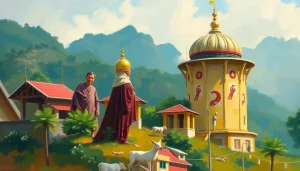
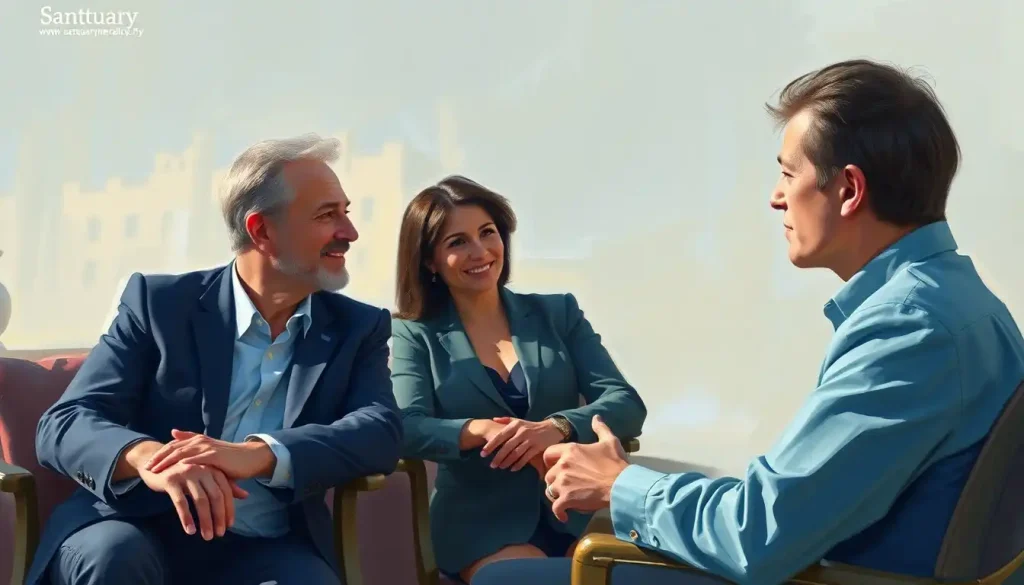
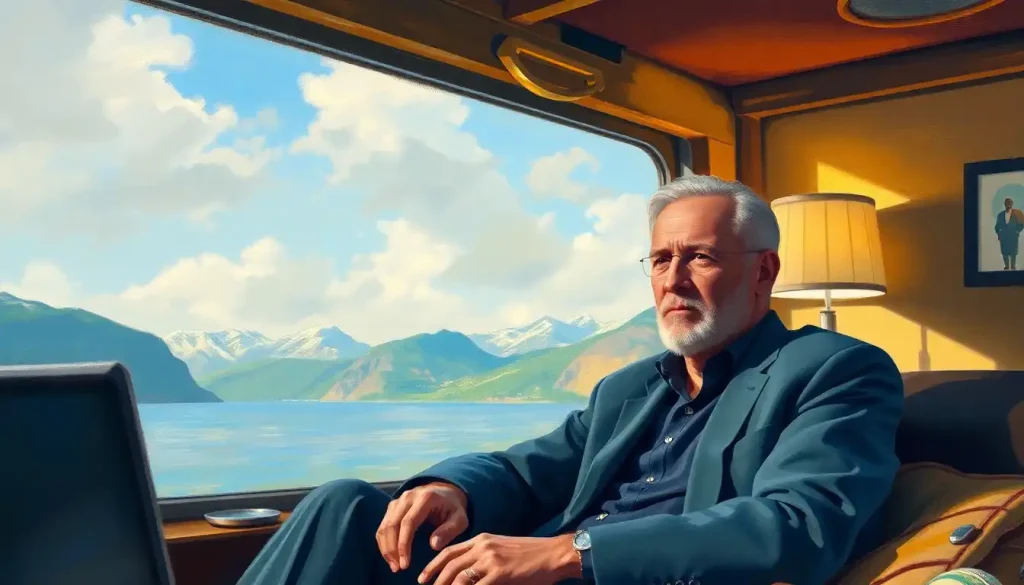
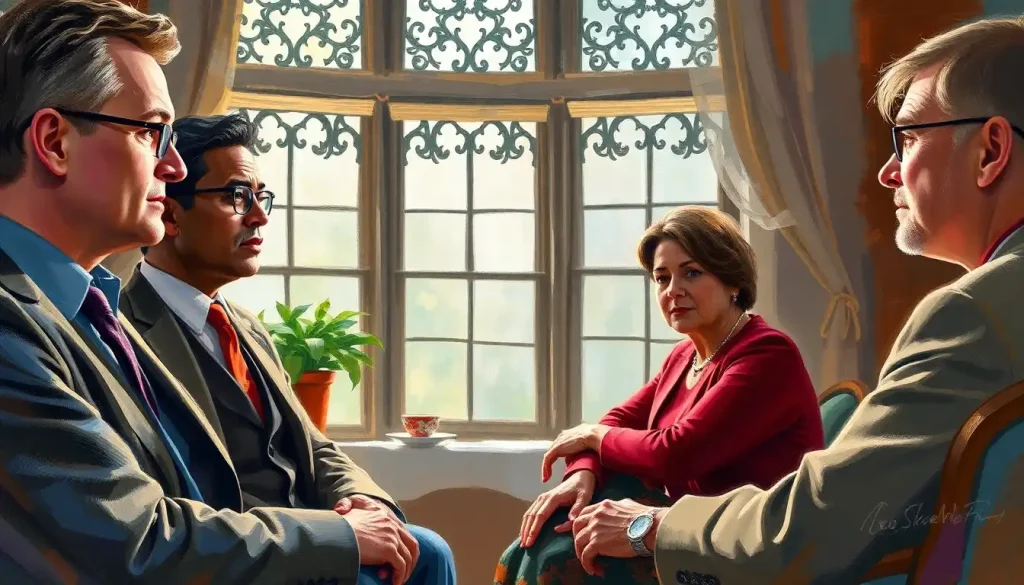
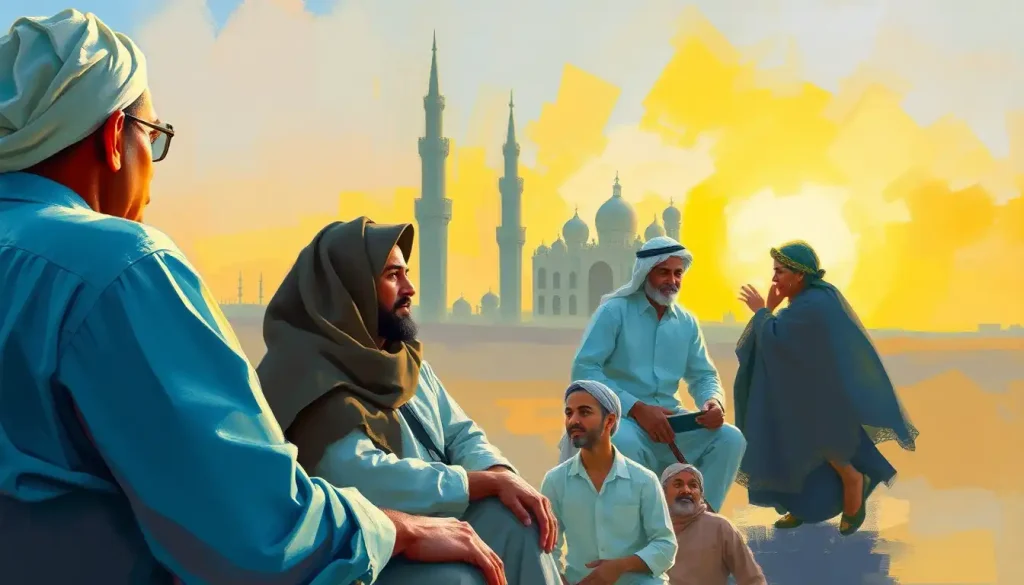
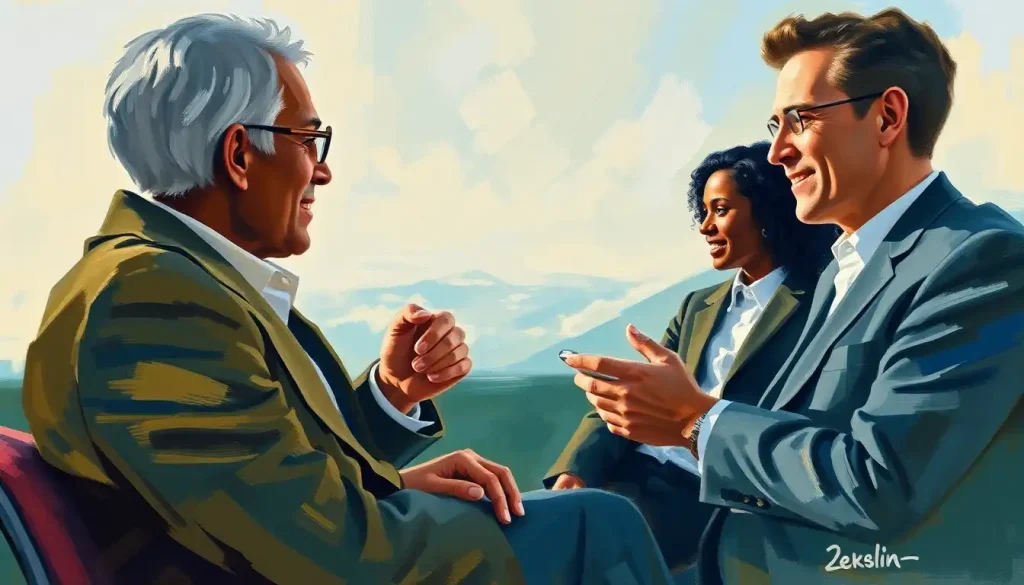
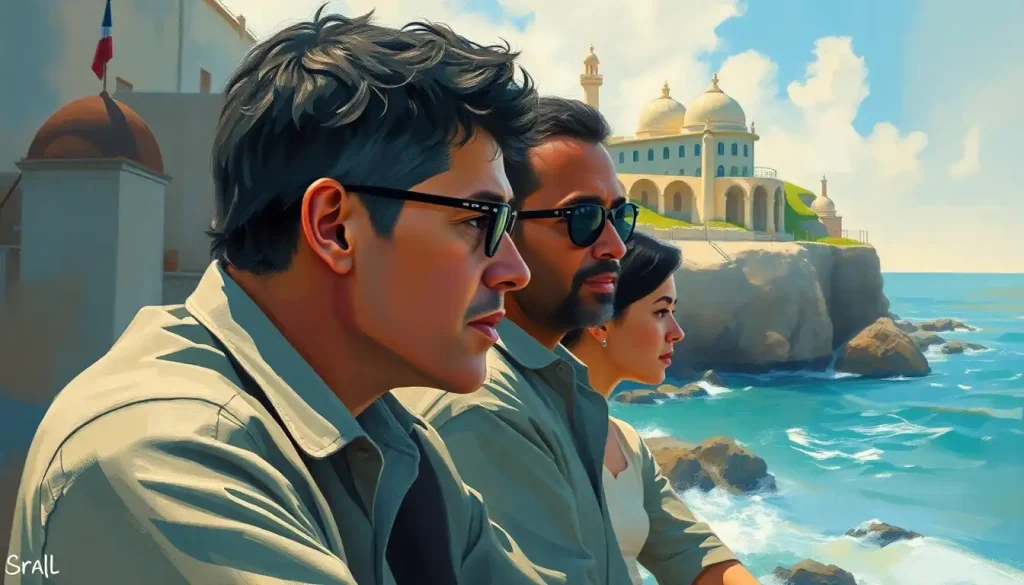


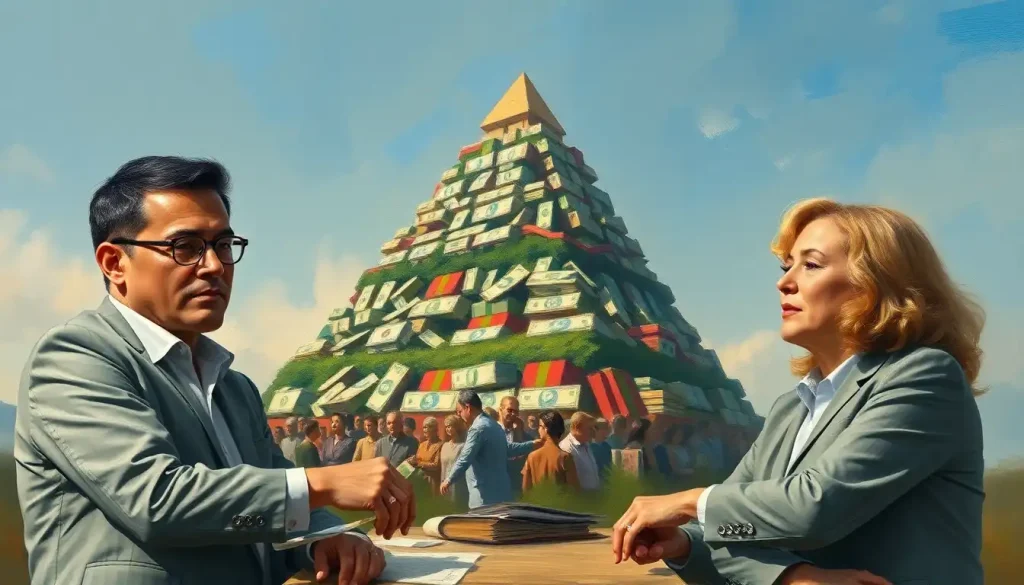
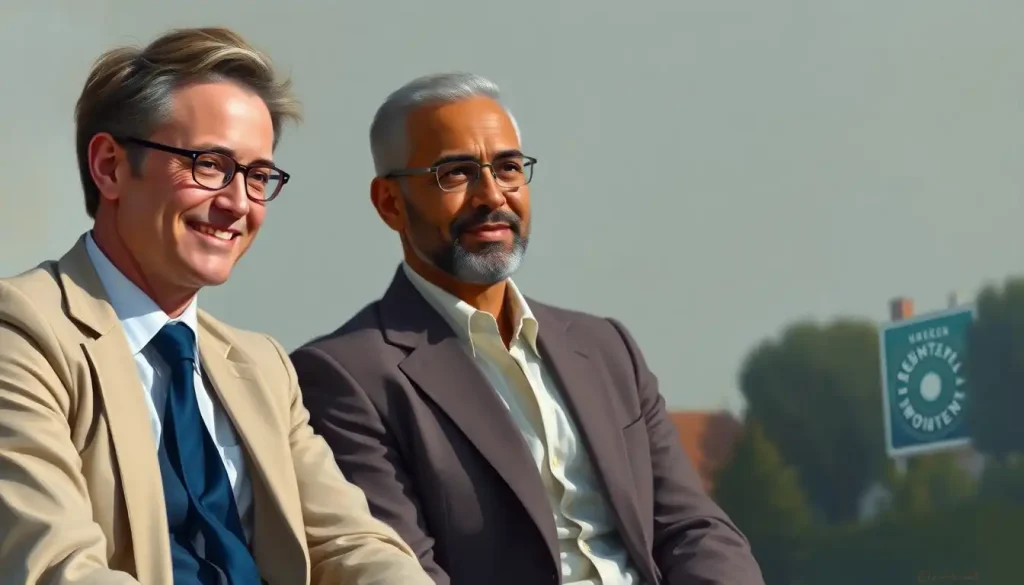
Would you like to add any comments? (optional)